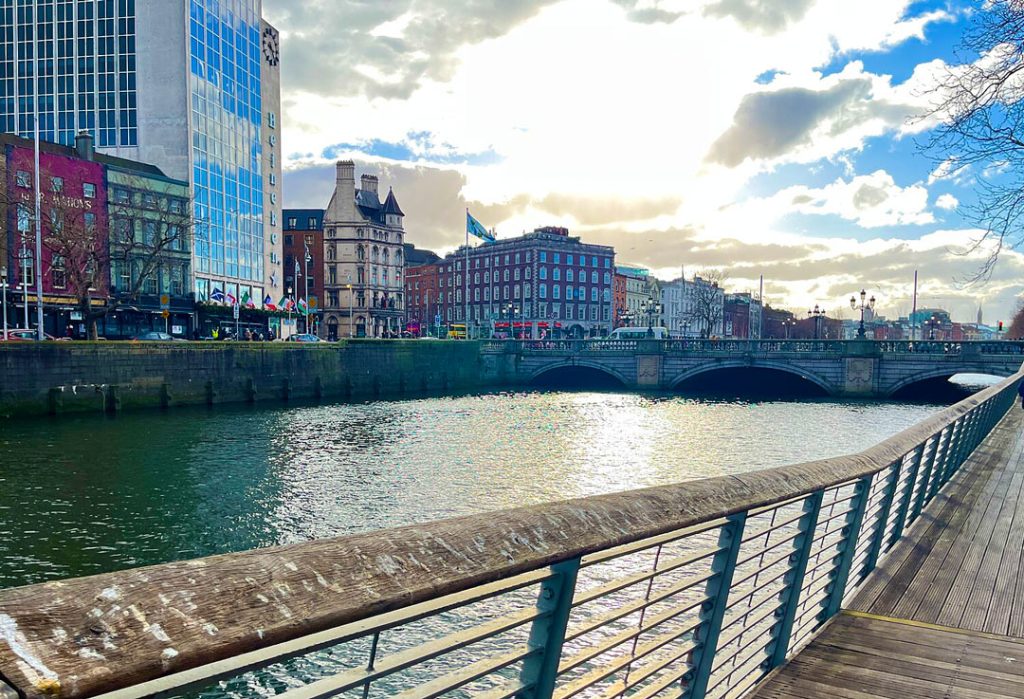
The heart of Dublin city center became a focal point for controversy and public outcry on September 19, 2024, as anti-immigration protests unfolded, leading to police intervention and the arrest of 19 individuals.
How the situation unfolded
The day began with hundreds gathering near the General Post Office (GPO) on O’Connell Street, brandishing Irish flags and banners with slogans like ‘Erin Go Bragh’ and ‘You’ll Never Beat the Irish.’
The protestors, identifying themselves with nationalist sentiments, marched towards the Irish parliament, to voice their opposition to what they perceived as unchecked immigration. Their chants of ‘Whose streets? Our streets!’ showed a deep-seated frustration.
The situation escalated when anti-immigration protesters decided to sit down on O’Connell Bridge, effectively blocking traffic and causing chaos for commuters. The act of civil disobedience led to the police issuing dispersal orders, which were met with resistance, resulting in the arrests. The Gardaí, employing a graduated response, cleared the bridge but not before the city experienced significant disruption, affecting Dublin Bus and Luas services.
Counter Protests
Parallel to this, a counter-protest organized by the United Against Racism group took place, aiming to challenge the anti-immigration narrative with chants of ‘Refugees welcome, racists not.’
The two groups, separated by a heavy Garda presence, exchanged verbal barbs, creating a tense atmosphere in one of Dublin’s busiest areas.
Protest not first of its kind
This event follows a series of protests and incidents in Dublin, reflecting a broader European trend where immigration policies have become a lightning rod for public debate.
The Irish context, however, adds layers of complexity due to its historical role as a nation of emigrants, now facing the challenges of immigration. Recent statistics indicate that one in five residents in Ireland was born abroad, a figure that has fueled both integration success stories and, as seen today, significant public unrest.
What is the government planning?
The Taoiseach’s recent comments on slowing the flow of refugees indicate that a policy shift might be on the horizon, with the aim of balancing humanitarian commitments with domestic concerns over housing, employment, and cultural identity.
As Dublin returns to normalcy post-protest, the echoes of today’s events will likely resonate in policy discussions, community dialogues, and perhaps even the upcoming elections, signaling that immigration in Ireland, like in much of Europe, remains a deeply divisive issue.